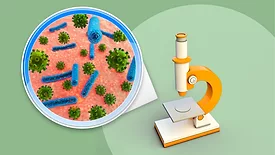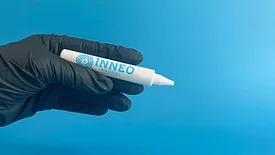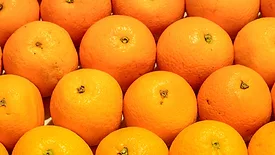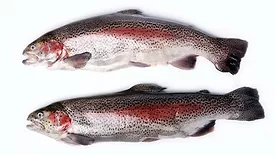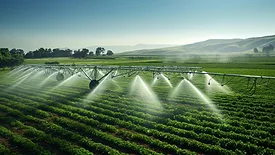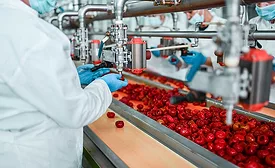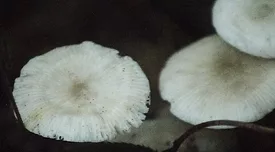Home » Keywords: » antimicrobial
Items Tagged with 'antimicrobial'
ARTICLES
It's Time to Reformulate Deli Meats to Reduce the Risk of Listeria monocytogenes
Multiple measures are needed to reduce the risk of listeriosis associated with RTE foods
December 17, 2024
Balancing Chemical and Biological Hazards With the Help of APAs to Safeguard Food Quality
Antimicrobial processing aids are preventive control interventions that are capable of reducing bacteria from the surfaces of foods at multiple steps throughout the supply chain
July 2, 2024
Never miss the latest news and trends driving the food safety industry
Newsletters | Website | eMagazine
JOIN TODAY!Copyright ©2026. All Rights Reserved BNP Media.
Design, CMS, Hosting & Web Development :: ePublishing


